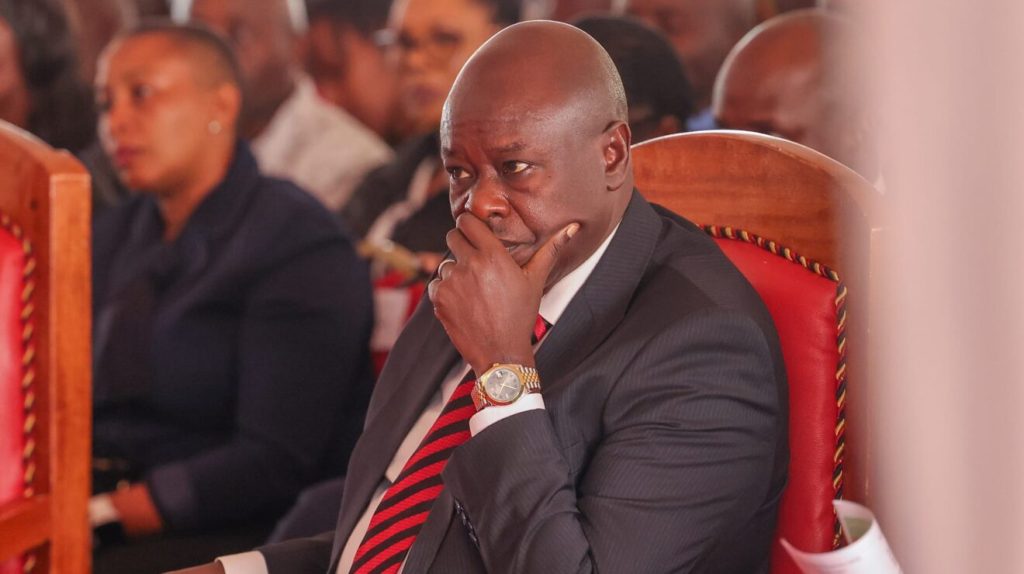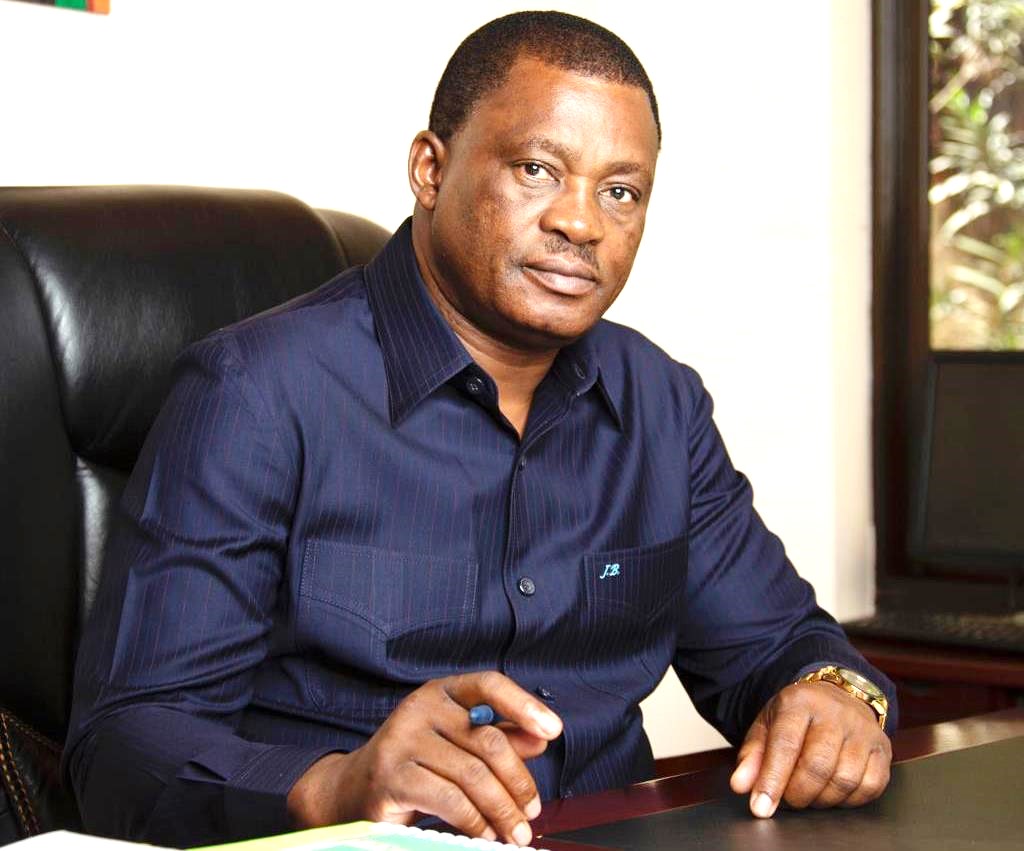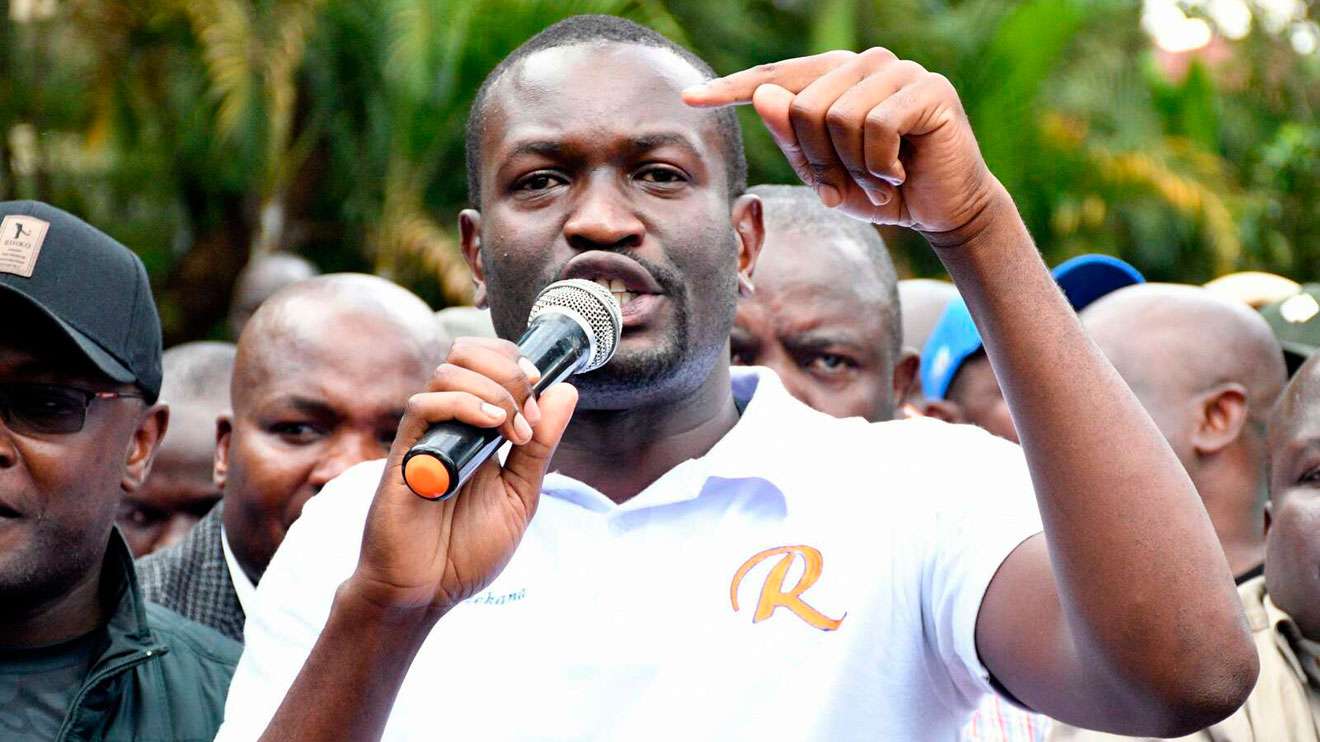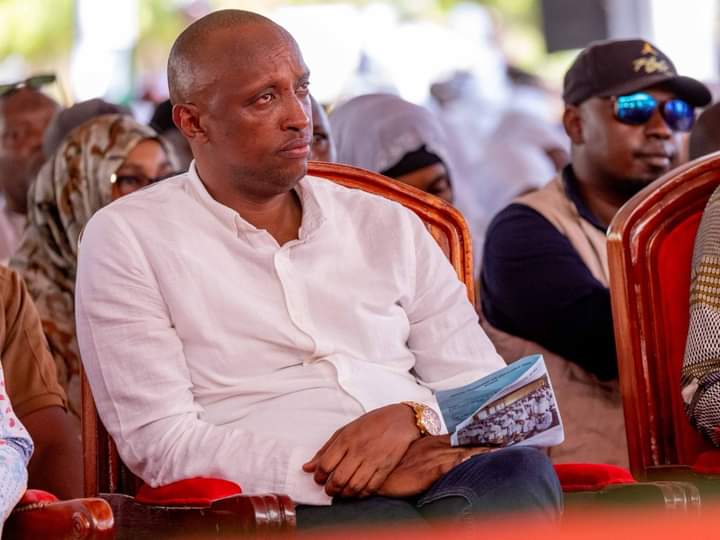Deputy President Rigathi Gachagua is set to make history as the Senate begins impeachment proceedings against him on Wednesday and Thursday, marking the first such case under the 2010 Constitution. This follows a High Court ruling that dismissed a petition by Gachagua’s legal team, which sought to halt the process, citing flaws in the procedure, including insufficient public participation.
Under the previous constitutional order, the president had the power to dismiss or reshuffle the vice president. However, now the deputy president can only be removed if Parliament passes a vote of no confidence or if they resign. This morning, the Senate is expected to debate the impeachment motion, with the National Assembly presenting its case against Gachagua. The Deputy President will also have the opportunity to defend himself.

[Photo: Courtesy]
High Court Judge Chacha Mwita dismissed Gachagua’s request to stop the Senate from discussing the motion, stating that the judiciary could not interfere with the legislative authority of Parliament. Judge Mwita noted that a similar matter was already before the Chief Justice and would be heard by a different panel of judges. He directed that the file be placed before Chief Justice Martha Koome to appoint a larger bench to review the petition. “Having considered the submissions and the request for a stay order, it is hereby denied,” the judge ruled. He made no orders regarding legal costs.
Earlier this week, Gachagua’s lawyer, Paul Muite, argued before the court that the Deputy President had not been given a chance to respond to the allegations that form the basis of the impeachment motion. Muite contended that for public participation to be meaningful, Gachagua should have been allowed to address the accusations against him at both constituency and county levels. He added that the public had only heard the allegations but not Gachagua’s side of the story.
Muite also pointed to independent opinion polls showing that only 7% of Kenyans supported the impeachment, with the majority favouring the removal of both the President and Deputy President. He urged the court to suspend the Senate’s debate on the motion.
However, lawyers representing the Senate, led by Paul Nyamodi and Peter Wanyama, argued against overturning the National Assembly’s decision, which had been supported by more than two-thirds of MPs as required by the Constitution. They maintained that the National Assembly had found sufficient grounds for the Deputy President’s removal, and the court should not interfere.
Nyamodi further accused Gachagua of “forum shopping” and urged the court to dismiss his application, allowing the Senate to proceed with the impeachment trial. Gachagua, in a separate application before the Chief Justice, argued that the charges presented by the 282 MPs in the National Assembly were based on hearsay and unsupported allegations. He claimed that the impeachment process was flawed, as meaningful public participation had not taken place and MPs had voted under undue pressure. Gachagua also accused National Assembly Speaker Moses Wetang’ula and Deputy Speaker Gladys Boss of playing a biased role in the process.
Chief Justice Martha Koome has appointed a three-judge bench, led by Justice Erick Ogola, alongside Justices Antony Mrima and Dr. Frida Mugambi, to hear five petitions challenging the Deputy President’s impeachment.




